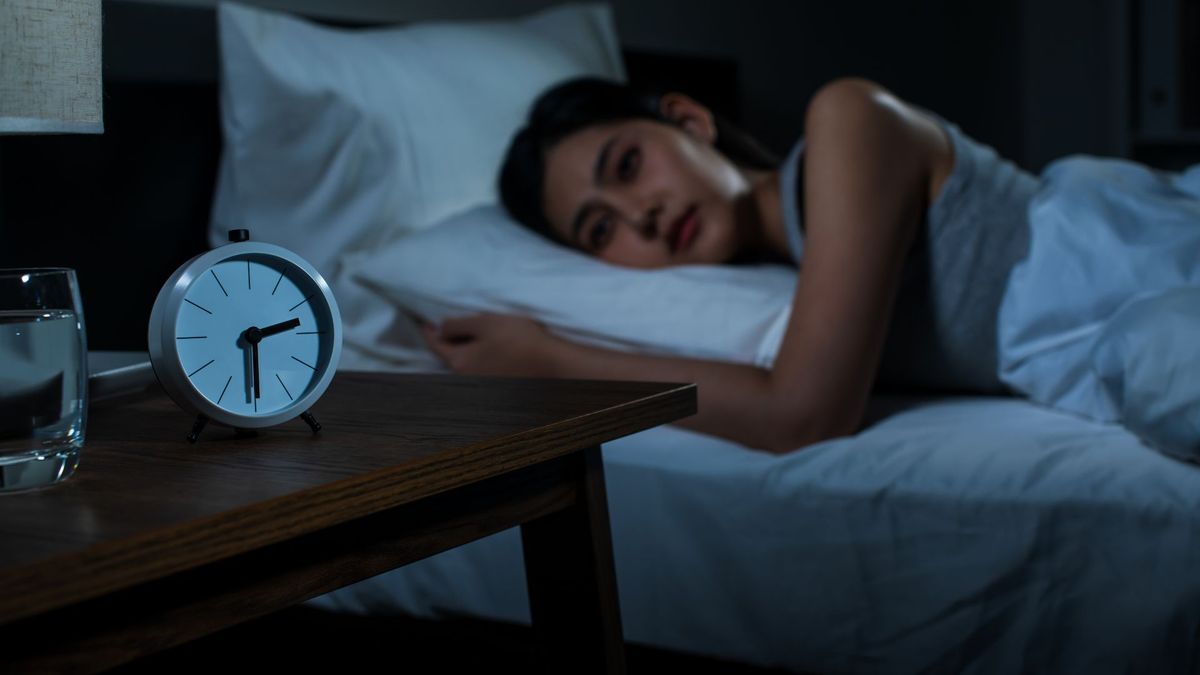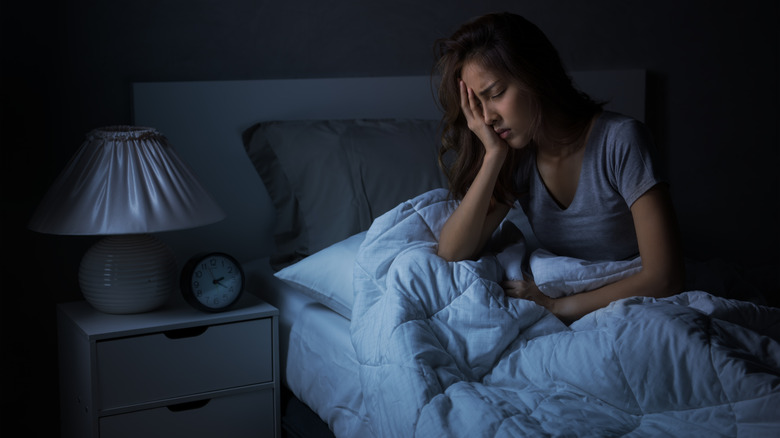
Why You Keep Waking Up at 3 or 4 A.M. — And What It Really Means
Waking up suddenly at 3 or 4 a.m. may seem random, but it’s often not. For many, it’s a frustrating habit — disrupting sleep, draining energy, and causing anxiety. But what if those early morning wake-ups are actually trying to tell you something?
In this article, we explore the psychological, biological, environmental, and even spiritual causes behind early morning awakenings — along with tips to help you reclaim a full night’s rest.
1. The “Hour of the Wolf” – A Haunting Window in the Night
The time between 3:00 a.m. and 5:00 a.m. is sometimes called the “Hour of the Wolf,” a name rooted in Swedish folklore and a classic psychological horror film. Traditionally, it’s seen as the hour when nightmares are most vivid, sleep is deepest, and anxiety is most intense.
Swedish tradition also links this time to supernatural events — births, deaths, and heightened spiritual activity. While it sounds eerie, modern science offers more grounded explanations.

2. Stress and Anxiety: When Your Mind Won’t Rest
One of the most common reasons for early wake-ups is anxiety. As your body’s natural rhythms reach their lowest point — around 3–4 a.m. — cortisol (the stress hormone) may spike, making your mind more susceptible to negative thoughts and restlessness.
Try this:
- Practice breathing or mindfulness techniques if you wake up anxious
- Avoid screens, caffeine, and alcohol in the evening
- Keep a journal by your bed to offload racing thoughts

3. Sleep Disorders: Invisible Sleep Disruptors
Conditions like insomnia and sleep apnea can cause frequent awakenings. For example, someone with sleep apnea may temporarily stop breathing, waking the body with a jolt — often without remembering.
Solutions:
- Talk to your doctor if you snore loudly or feel exhausted despite 8 hours of sleep
- Cognitive Behavioral Therapy for Insomnia (CBT-I) is proven to help
- Devices like CPAP machines can aid those with sleep apnea
4. Hormonal Fluctuations: Invisible Changes with Big Impact
Hormones such as estrogen, progesterone, and melatonin all influence sleep. During menopause, pregnancy, or menstrual shifts, hormonal changes can lead to night sweats, restlessness, and sudden awakenings.
Tips:
- Keep your bedroom cool and ventilated
- Discuss hormone therapy or lifestyle adjustments with your doctor

5. Lifestyle Habits: Small Choices, Big Consequences
Late-night alcohol, screen time in bed, or an inconsistent sleep schedule can throw off your internal clock and lower your sleep quality.
To fix this:
- Stick to a consistent bedtime and wake time (even on weekends)
- Avoid caffeine and alcohol 4–6 hours before bed
- Try a relaxing nighttime routine: warm bath, herbal tea, or meditation
6. Your Environment: Is Your Room Waking You Up?
Sometimes the culprit isn’t internal — it’s your bedroom. Light, uncomfortable bedding, or noise can wake you up or keep you from falling back asleep.
Solutions:
- Use blackout curtains or a sleep mask
- Invest in a supportive mattress and pillow
- Consider white noise machines or earplugs

7. Chronic Health Conditions: When Your Body Speaks Up
Health conditions like arthritis, asthma, acid reflux, or chronic pain often worsen at night, leading to disrupted sleep.
What to do:
- Work with your doctor to manage underlying conditions
- Adjust sleep position or diet as needed
- Avoid heavy meals near bedtime if you have acid reflux
8. Spiritual Interpretations: A Wake-Up Call from Within?
In some spiritual traditions, waking between 3–5 a.m. is seen as a moment of heightened intuition or inner awakening. It may symbolize personal growth, reflection, or a message from the universe.
You might try:
- Journaling your thoughts upon waking
- Practicing meditation or silent prayer
- Treating the moment as an opportunity for inspiration or release

Why Quality Sleep Is So Important
Interrupted sleep doesn’t just feel bad — it impacts every part of your well-being:
- Physical Health: Your body heals and boosts immunity while you sleep
- Mental Clarity: Sleep sharpens memory, focus, and emotional regulation
- Weight & Metabolism: Poor sleep increases hunger hormones and slows metabolism
- Longevity: Chronic poor sleep is linked to heart disease, obesity, and shorter lifespan
Conclusion: Break Free from the 3 A.M. Loop
If you’re consistently waking up at 3 or 4 a.m., your body may be sending signals — whether biological, emotional, or spiritual. The key is to listen, find the root cause, and adjust your habits to improve sleep.
Prioritize sleep like you would any other aspect of health — because it truly matters.
Aim for 7–9 hours of quality rest each night. Your body, mind, and spirit will thank you.